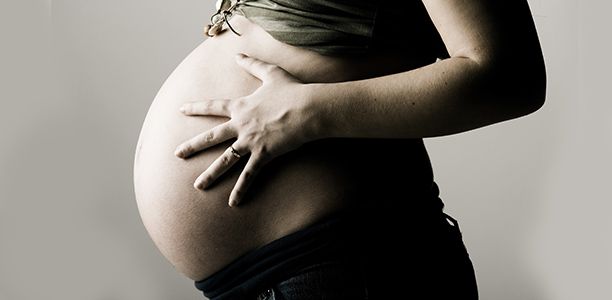A review of more than 6 million pregnancies has found that pregnancies after assisted reproduction technologies, such as IVF with fresh or frozen embryo transfer, are at a higher risk of placental complications when compared to pregnancies that followed natural conception.
The study, led by UNSW medical researcher Dr Christos Venetis, is published in BJOG: An International Journal of Obstetrics and Gynaecology.
Assisted reproduction technologies (ART) are increasingly used to treat infertility and have enabled millions of couples to achieve parenthood. More than 2.4 million ART cycles are estimated to have been performed in 2013, and more than 7 million children have been conceived using ART therapies over the last three decades.
Previous studies have linked ART with a greater risk of placental complications, including placenta praevia (low lying placenta) and placental abruption (detached placenta), which are associated with a range of adverse outcomes for mother and baby, such as preterm birth, low birth weight, haemorrhage, hysterectomy, renal failure and maternal and infant mortality.
In a bid to find out whether singleton pregnancies – rather than twin pregnancies which are also associated with complications for both mother and baby – after ART are associated with a higher risk of placental anomalies, the researchers carried out a large systematic review and meta-analysis.
The team of researchers from UNSW and Aristotle University of Thessaloniki in Greece, evaluated 33 studies of 124,215 singleton pregnancies that followed ART and 6,054,729 pregnancies that followed natural conception.
The results showed the odds of developing placenta praevia were 3.8 times higher (about 16 more cases in 1000 singleton pregnancies), placental abruption were 1.9 times higher (about 7 more cases in 1000 singleton pregnancies), and morbidly adherent placenta were 2.3 times higher (about 23 more cases in 1000 singleton pregnancies), when conception was assisted than when it was following natural conception.
“This review is the first to comprehensively evaluate the vast amount of evidence on placental complications that can develop during singleton pregnancies that followed assisted reproduction technology,” says Dr Venetis, a senior lecturer at the UNSW Centre for Big Data Research in Health.
“These placental complications can have significant adverse implications for the health of both mother and baby, and place a significant burden on health services.
“It is unclear why women are more likely to develop placental complications during pregnancy following ART. However, this study shows that more research is needed to confirm the underlying causes in order to reduce the risk.
“It is important women and their partners undergoing ART are reassured that the risk of developing placental complications is very low, but research like this will help to ensure any increased risks are managed throughout pregnancy,” he says.
(Source: UNSW, BJOG: An International Journal of Obstetrics and Gynaecology)











